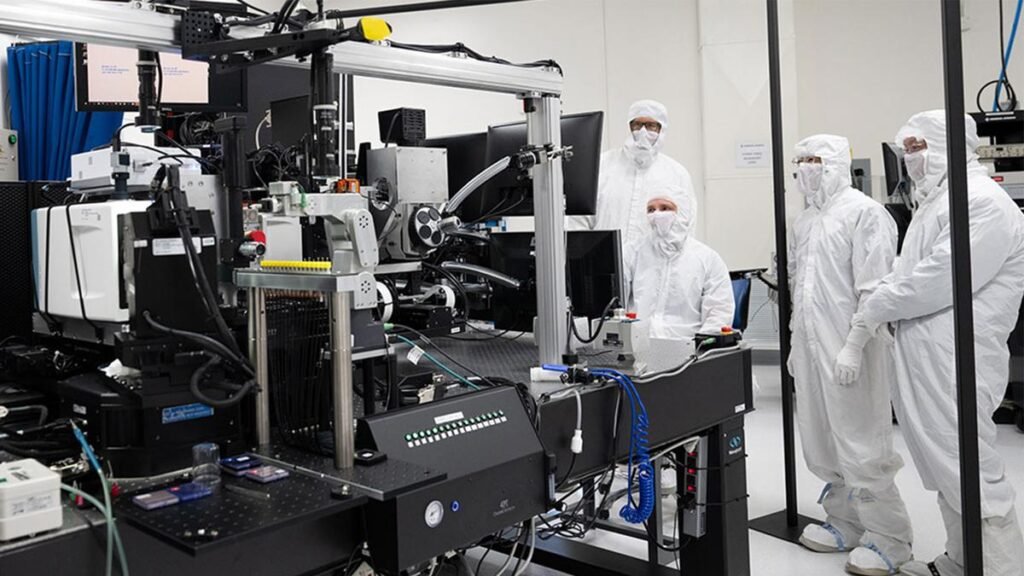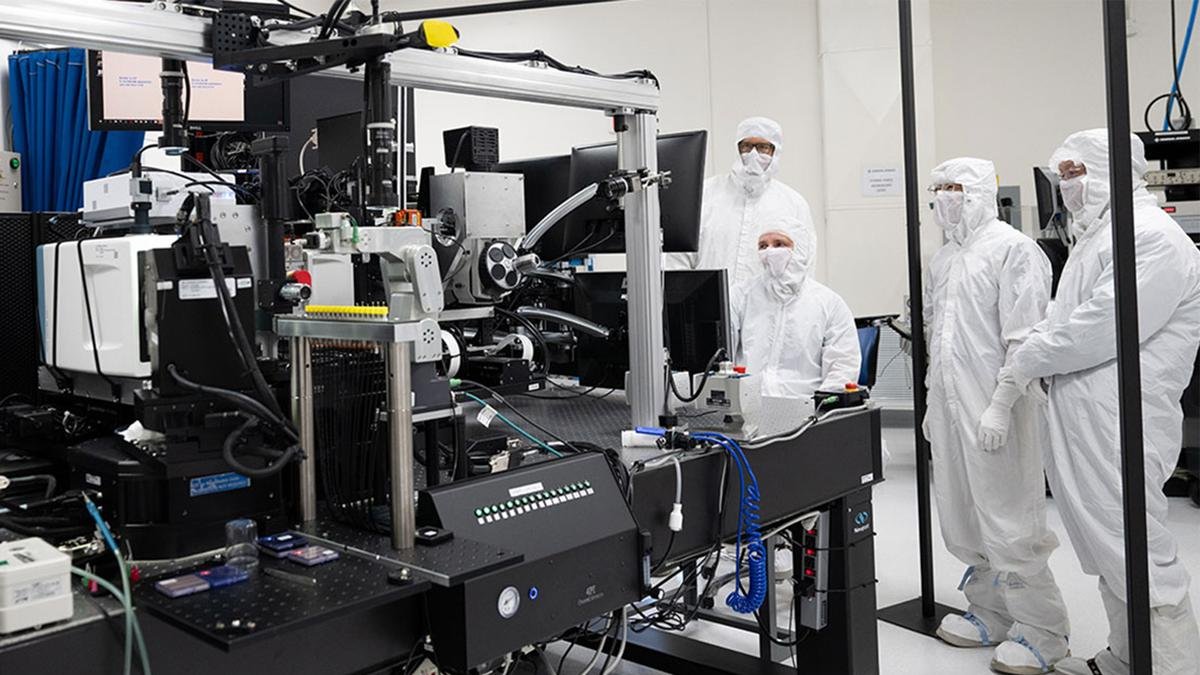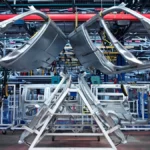
General Atomics was awarded the R&D 100 Team of the Year Award for its development of the 4Pi system, which played a key role in the first successful controlled fusion. This reward, often referred to as the “Nobel Prize” for engineers and innovators, was awarded for advances in technology that could significantly impact the future of energy.
In 2022, controlled fusion using the 4Pi system was achieved for the first time at the National Ignition Facility (NIF) at Livermore National Laboratory (USA). For the first time in history, scientists were able to obtain more energy from a thermonuclear reaction than they spent on its initiation. This result became important evidence that it is possible to obtain clean energy on Earth using thermonuclear fusion.
The 4Pi system, developed by General Atomics, is a unique technology that has played a critical role in achieving and replicating the conditions for thermonuclear ignition. This system is used for diagnostics and quality control of the fuel capsules required for synthesis. For example, during the capsule manufacturing process, the system automatically checks them for defects and makes the necessary adjustments. The system’s accuracy is so great that it can detect defects smaller than one-hundredth the diameter of a human hair, which is critical for successful ignition.
Since the first successful experiment in December 2022, scientists have already repeated fusion ignition five times, and the 4Pi system has always played a key role in these tests. The system integrates up to eight instruments into a single coordinate system using robotics, automation, batch estimation technologies, and machine learning to eliminate measurement errors and ensure maximum quality of the objects being examined.
The R&D 100 award recognition underscores the importance of 4Pi to the future of fusion research, and the General Atomics team is committed to continuing to advance the technology as a critical tool for achieving consistent and reliable replication of fusion ignition conditions.










